The fall of apartheid in 1994 marked a watershed moment in South Africa’s history, ushering in an era of democracy and equality after decades of institutionalized racial oppression. The African National Congress (ANC), led by Nelson Mandela, took the reins of power with a promise to dismantle the legacy of apartheid and build a more inclusive society. Yet, nearly three decades later, the country’s post-apartheid journey has been anything but linear. While significant strides have been made in political representation and social cohesion, deep-seated inequalities, corruption, and economic stagnation continue to cast long shadows over the nation’s progress.
The Promise of a Rainbow Nation
In the early years of democracy, South Africa was celebrated as a beacon of hope and reconciliation. Mandela’s leadership emphasized forgiveness and unity, encapsulated in the idea of the "Rainbow Nation." The Truth and Reconciliation Commission (TRC), chaired by Archbishop Desmond Tutu, sought to address the atrocities of apartheid through public confessions and amnesty, rather than retribution. This process, though imperfect, was groundbreaking in its attempt to heal a fractured society.
The new government also embarked on an ambitious program of legislative reform. The 1996 Constitution, hailed as one of the most progressive in the world, enshrined rights to equality, dignity, and access to housing, healthcare, and education. Land restitution programs were initiated to redress the forced removals of apartheid, and affirmative action policies sought to level the playing field for Black South Africans in employment and education. For a time, it seemed as though the country might indeed overcome its painful past.
Economic Growth and Persistent Inequality
Despite these efforts, the economic legacy of apartheid proved far harder to dismantle. While the ANC succeeded in expanding the Black middle class through policies like Black Economic Empowerment (BEE), the benefits of economic growth have been unevenly distributed. South Africa remains one of the most unequal societies in the world, with wealth and opportunity still largely concentrated in the hands of a predominantly white elite. Unemployment, particularly among the youth, has soared to crisis levels, hovering around 35% in recent years.
The failure to achieve meaningful land reform has been particularly contentious. While the government has transferred some land back to Black farmers, the process has been slow and fraught with inefficiency. Many argue that without more aggressive redistribution, the economic disparities engineered by apartheid will persist indefinitely. At the same time, the rise of populist rhetoric around land expropriation without compensation has spooked investors, further complicating efforts to revive the economy.
Corruption and the Erosion of Trust
The ANC’s moral authority has also been eroded by rampant corruption, particularly under the presidency of Jacob Zuma. State capture—where private interests systematically influenced government decisions for personal gain—became endemic, crippling state-owned enterprises like Eskom and South African Airways. The Gupta scandal, in which a wealthy business family allegedly wielded undue influence over cabinet appointments, became emblematic of the rot at the highest levels of government.
Though Cyril Ramaphosa, Zuma’s successor, has pledged to root out corruption, progress has been slow. Public trust in institutions has dwindled, and many South Africans feel betrayed by the party that once symbolized their liberation. The 2021 riots, triggered by Zuma’s imprisonment, exposed the fragility of social cohesion and the simmering frustrations over poverty and unemployment.
Social Fragmentation and the Rise of New Divisions
While apartheid’s racial divisions have softened, new fault lines have emerged. Xenophobic violence against African migrants has flared repeatedly, fueled by perceptions that foreigners are stealing jobs and resources. At the same time, class divisions within Black communities have deepened, with a small elite benefiting from state contracts and political connections while the majority struggle to make ends meet.
Education, often touted as the great equalizer, remains a site of stark inequality. Former Model C schools (previously whites-only institutions) still offer far better resources than township schools, perpetuating cycles of disadvantage. Universities have become battlegrounds over fees and decolonization, as students demand free education and curricula that reflect African perspectives.
Looking Ahead: A Nation at a Crossroads
As South Africa approaches the 30th anniversary of its democracy, it stands at a crossroads. The ANC, once the undisputed leader of the liberation struggle, now faces declining electoral support and growing competition from opposition parties like the Democratic Alliance and the Economic Freedom Fighters. The 2024 elections could mark a turning point, potentially leading to coalition governments and a more fragmented political landscape.
The road ahead is fraught with challenges, but also opportunities. A younger generation, less bound by the traumas of apartheid, is demanding accountability and innovation. Civil society remains vibrant, with organizations like Corruption Watch and SECTION27 pushing for transparency and justice. If South Africa can harness this energy while addressing its systemic failures, it may yet realize the promise of its post-apartheid vision.
Ultimately, the story of post-apartheid South Africa is one of resilience and complexity. It is a reminder that liberation is not a single event, but an ongoing struggle—one that requires not just political change, but economic and social transformation. The Rainbow Nation may not yet have achieved its full potential, but its journey continues to inspire and caution the world.
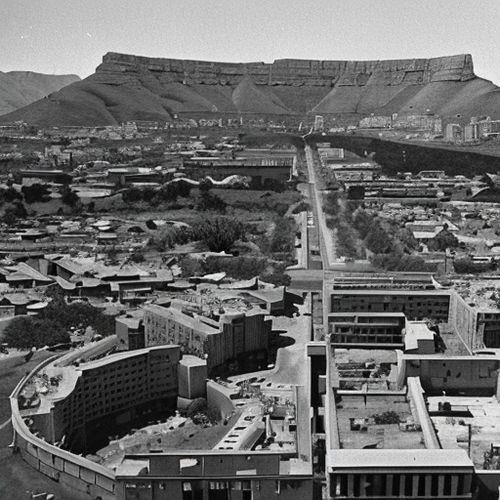
By Eric Ward/Apr 19, 2025
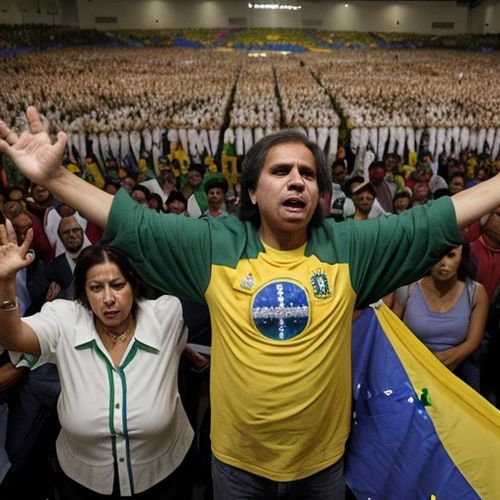
By James Moore/Apr 19, 2025
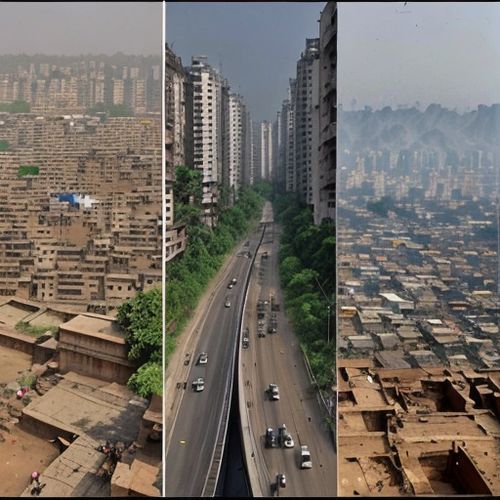
By Daniel Scott/Apr 19, 2025
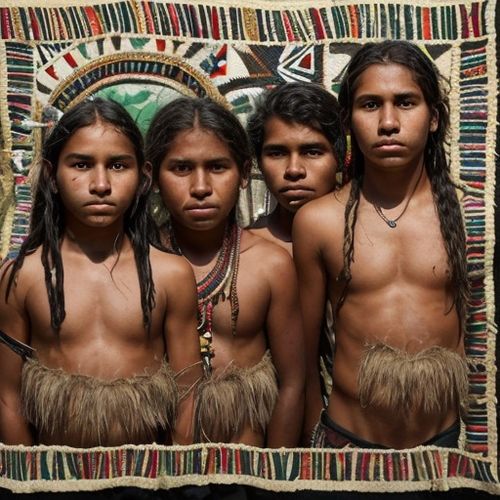
By George Bailey/Apr 19, 2025
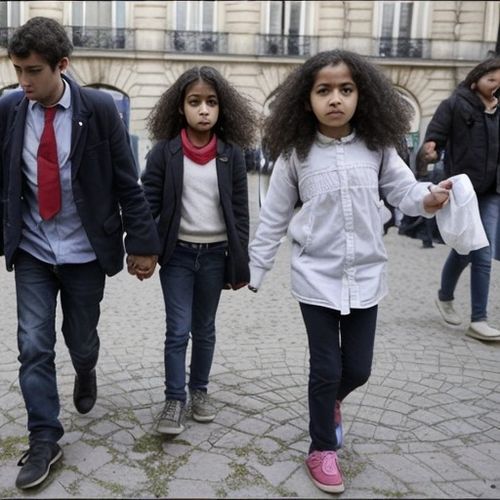
By Amanda Phillips/Apr 19, 2025

By Amanda Phillips/Apr 19, 2025

By Joshua Howard/Apr 19, 2025
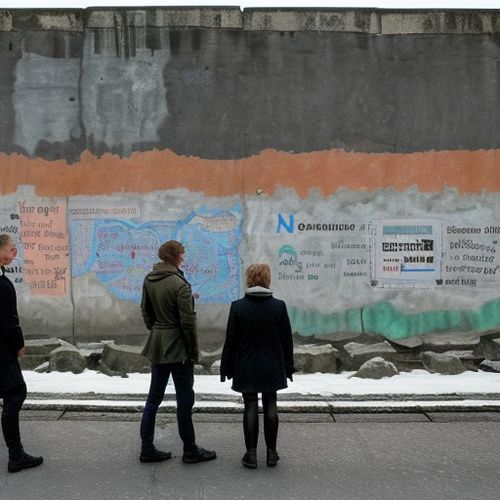
By Thomas Roberts/Apr 19, 2025

By Thomas Roberts/Apr 19, 2025

By Noah Bell/Apr 19, 2025
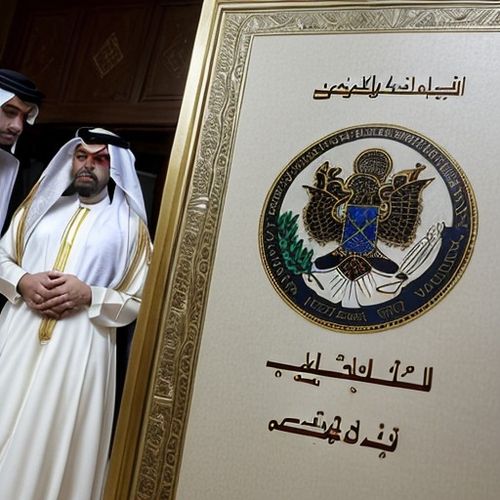
By James Moore/Apr 19, 2025
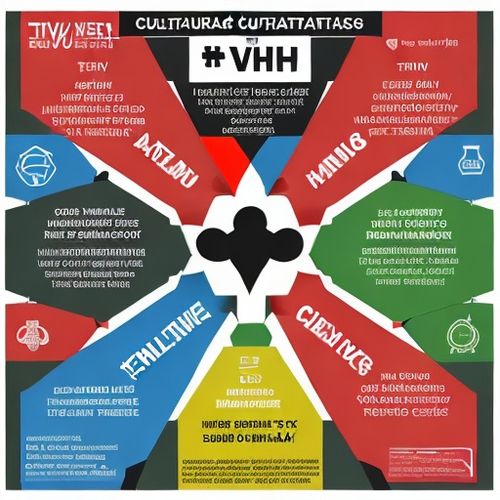
By Rebecca Stewart/Apr 19, 2025
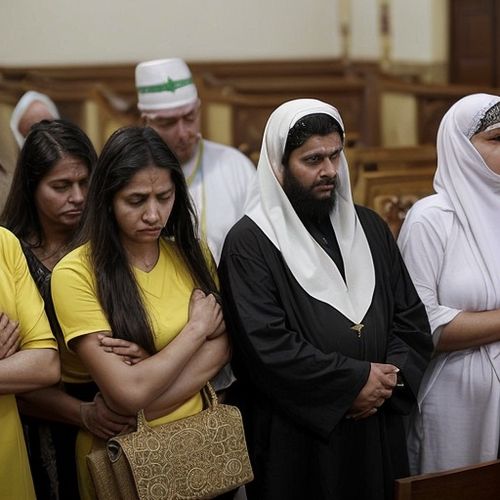
By Noah Bell/Apr 19, 2025
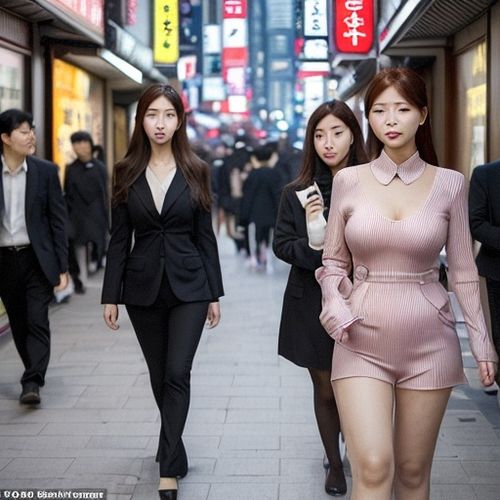
By Elizabeth Taylor/Apr 19, 2025

By Benjamin Evans/Apr 19, 2025
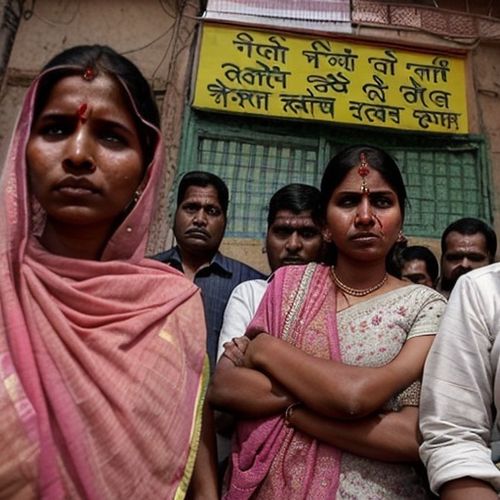
By Laura Wilson/Apr 19, 2025
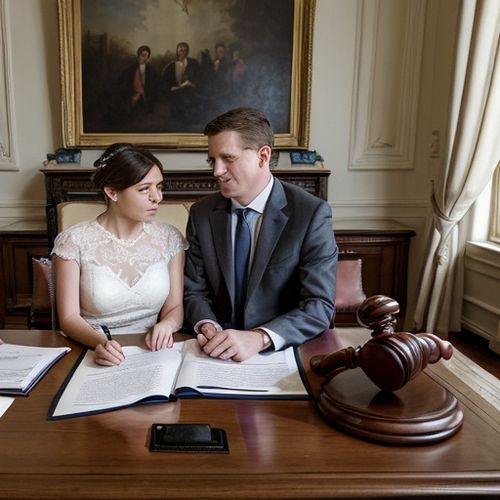
By Victoria Gonzalez/Apr 19, 2025

By Laura Wilson/Apr 19, 2025
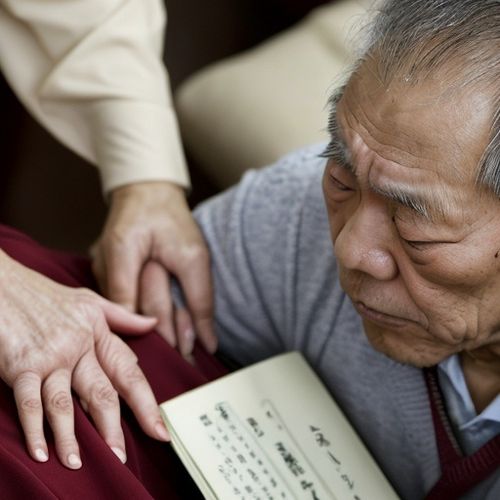
By Laura Wilson/Apr 19, 2025

By Sophia Lewis/Apr 19, 2025